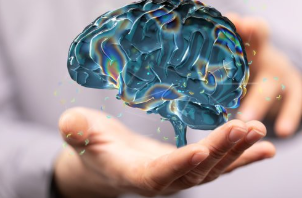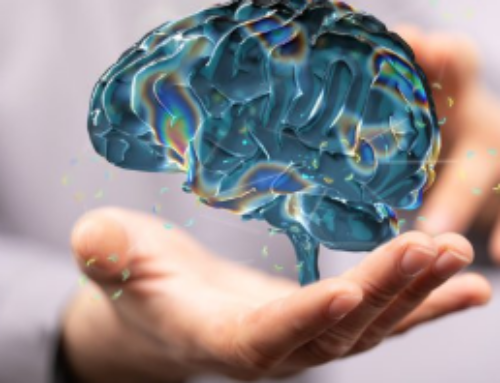Misusing substances can be harmful to the human brain at any age, but for children and adolescents, it can be especially damaging. Young people’s developing brains are especially vulnerable to the chemical effects of drinking, smoking, and other illicit substances. And in addition to hindering brain development, numerous other risks come with using substances as a youth. To avoid the negative consequences of adolescent substance use, preventative measures such as education and open communication are key.
Substance Use and the Developing Brain
As outlined by the National Institute of Health (NIH), drinking and substance use impact the brains of young people in a variety of ways. Here are some of the consequences substance use and drinking have on neurodevelopment:
- Hippocampus – The hippocampus is a major component of the brain and is crucial to things like memory and navigation. Studies have found that substances and alcohol can seriously impede development in this part of the brain, potentially compromising proper memory function.
- Prefrontal Cortex – The prefrontal cortex is essential to reasoning, decision-making, emotional regulation, and planning. Research has revealed that drinking and substance use in adolescence can inhibit the development of these abilities. And because this part of the brain doesn’t fully develop until the age of 25, it is in a crucial state of development when many young people experiment with alcohol and substances.
- White Matter – White matter serves the important role of connecting regions of the brain, relaying communications from one area to another. Drinking and substance use have been shown to impact both volume and quality of white matter development.
- Blood Flow – Proper blood flow is critical to the health of brain tissue. Because substance and alcohol use have been shown to reduce blood flow in the brain, adolescents who drink and use substances deprive their brains of oxygen during its critical developmental period. Without the necessary oxygen to develop, the brain cannot mature properly.
As a result of these and other impacts, young people who use substances are especially vulnerable to psychological and behavioral health issues. The ability to retain and recall memories, make logical decisions, maintain a stable emotional baseline, and form healthy relationships are just a few of the areas that can be hampered by drinking and using substances at a young age.
Risks that Come with Youth Substance Use
Along with psychological and developmental issues, there are a number of other consequences and risks brought on by adolescent drinking and substance use. For young people, the risk of being involved in unhealthy sexual situations, violent altercations, and legal setbacks are all increased with the use of alcohol and substances. The CDC found that 24% of male drivers and 17% of female drivers aged 15-20 who were involved in fatal accidents had been drinking.
Young people who use substances also have a much higher chance of developing substance use disorder and facing other addiction issues later in life. This multiplies their risk of contracting diseases like HIV and experiencing an overdose.
Education is Key to Preventing Youth Addiction
Drinking and using substances as a youth carries numerous health and safety risks. For young people with a family history of substance use, trauma, or abuse, these risks are dramatically higher. To help young people understand the dangers posed by substances and alcohol and prepare them for the social pressures they may face, it’s important for them to have access to education and support. Teaching young people what can result from drinking and using can help them make safer and more informed decisions.
Additionally, ensuring that teens have a stable support circle that connects their family, friends, and school, as well as making sure that they feel comfortable bringing their concerns and struggles to light can help encourage transparency. When young people have a supportive and understanding environment around them, they have a much greater chance of safely navigating the difficulties and pressures of adolescent life.
If you or a loved one are struggling with addiction or co-occurring disorders, call the New England Recovery Center today at 1-877-MyRehab.










